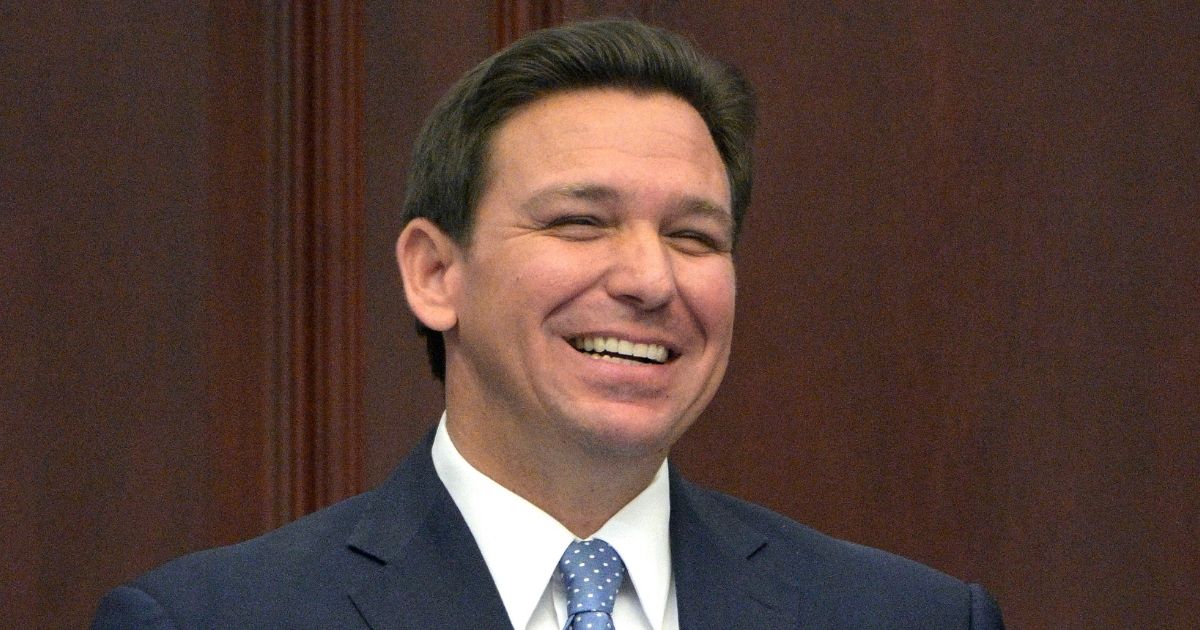you mean what would the charges include?
Dereliction of duty is a person’s purposeful or accidental failure to
perform an obligation without a valid excuse, especially an obligation attached to his or her job. In the 1991
U.S. Court of Military Appeals case,
U.S. v. Powell,
the Court stated that a person is guilty of the offense of dereliction of duty when he or she willingly or negligently fails to perform his or her duties or by performing such duties in a culpably inefficient manner. The Court noted that work done in a culpably inefficient manner is when there is no reasonable or just excuse for the inefficiency.
dereliction
725. PROTECTION OF GOVERNMENT PROCESSES -- OBSTRUCTION OF PENDING PROCEEDING -- 18 U.S.C. 1505
Section 1505 of Title 18, United States Code, as amended by the Victim and Witness Protection Act of 1982, forbids anyone from corruptly, or by threats of force or by any threatening communication, influencing, obstructing, or impeding any pending proceeding before a department or agency of the United States, or Congress. In 1996 Congress enacted a clarifying amendment to 18 U.S.C. § 1515, which defines the term "corruptly" as used in section 1505 to mean "acting with an improper purpose, personally or by influencing another, including making a false or misleading statement, or withholding, concealing, altering, or destroying a document or other information." False Statements Accountability Act of 1996, Pub. L. No. 104-292, §3, 110 Stat. 3459, 3460.
1725. Protection Of Government Processes -- Obstruction Of Pending Proceeding -- 18 U.S.C. 1505
8 U.S. Code § 2101 - Riots
(a)Whoever travels in interstate or foreign commerce or uses any facility of interstate or foreign commerce, including, but not limited to, the mail, telegraph, telephone, radio, or television, with intent—
(1)
to incite a
riot; or
(2)
to organize, promote, encourage, participate in, or carry on a
riot; or
(3)
to commit any act of violence in furtherance of a
riot; or
(4)
to aid or abet any person in inciting or participating in or carrying on a
riot or committing any act of violence in furtherance of a
riot;
and who either during the course of any such travel or use or thereafter performs or attempts to perform any other overt act for any purpose specified in subparagraph (A), (B), (C), or (D) of this paragraph—
[1]
Shall be fined under this title, or imprisoned not more than five years, or both.
18 U.S. Code § 2101 - Riots
923. 18 U.S.C. § 371—CONSPIRACY TO DEFRAUD THE UNITED STATES
The general conspiracy statute, 18 U.S.C. § 371, creates an offense "
f two or more persons conspire either to commit any offense against the United States, or to defraud the United States, or any agency thereof in any manner or for any purpose. (emphasis added). See Project, Tenth Annual Survey of White Collar Crime, 32 Am. Crim. L. Rev. 137, 379-406 (1995)(generally discussing § 371).
The operative language is the so-called "defraud clause," that prohibits conspiracies to defraud the United States. This clause creates a separate offense from the "offense clause" in Section 371. Both offenses require the traditional elements of Section 371 conspiracy, including an illegal agreement, criminal intent, and proof of an overt act.
923. 18 U.S.C. § 371—Conspiracy to Defraud the United States
i think those would do quite nicely.














